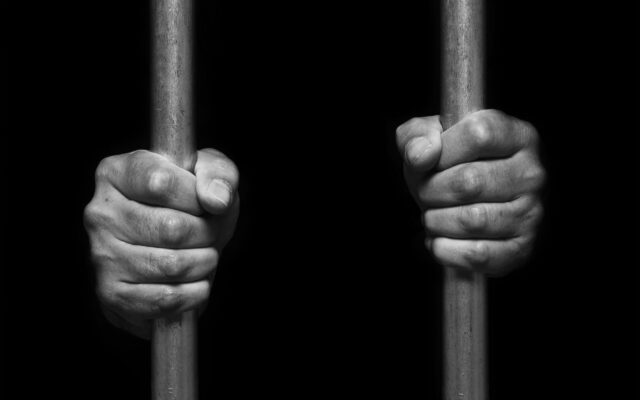Watch Live: Biden welcomes Japan’s leader as he rallies allies to counter China

Tokyo — President Joe Biden’s first face-to-face meeting with a foreign leader is set to take place in Washington on Friday, as he sits down with Japan’s Prime Minister Yoshihide Suga. Their talks are likely to cover climate change, the coronavirus pandemic and North Korea.
After the president hosts Suga at the White House for a bilateral meeting, the two will appear together at a press conference in the Rose Garden.
How to watch Biden’s press conference with the Japanese prime minister today
- What: President Joe Biden and Japanese Prime Minister Yoshihide Suga hold a press conference
- Date: Friday, April 16, 2021
- Time: 4:15 p.m. ET
- Location: The White House Rose Garden, Washington, D.C.
- Online stream: Live on CBSN in the player above and on your mobile or streaming device
A senior Biden administration official told reporters on Thursday that the two leaders will announce a Japanese commitment to a $2 billion initiative “to work on 5G and next steps beyond 5G” in partnership with the U.S.
“I think the idea of the visit is to underscore what we would really describe as almost an axiom or a maxim for the U.S. role in the region: The United States can only be effective in Asia when the U.S.-Japan relationship is strong and Japan is steady and stable,” the official said.
China is also expected to figure prominently in their discussions, as the U.S. seeks to enlist allies in confronting Beijing’s military expansion and human rights abuses.
It’s been a wild ride for global apparel brands like H&M, Nike, Gap and other popular retailers. The companies have faced a major blowback from consumers in China after calling out alleged Chinese repression of the country’s Uighur minority in the northwest region of Xinjiang.
“Our patriotism has been sparked,” said one Chinese man of the backlash. “People are taking this opportunity to express their love for the nation.”
“Now that they have come here to slander China, then I don’t think I will shop at H&M,” said another Beijing resident.
Citing witness accounts and satellite data, the U.S. and human rights groups have accused China of engaging in “genocide and crimes against humanity” in Xinjiang.
In addition to “the arbitrary imprisonment or other severe deprivation of physical liberty of more than one million civilians,” the U.S. State Department says the Uighurs have been subjected to “forced sterilization, coerced abortions,” rape, torture and other acts in Xinjiang.
It’s an ethnic assault that has been compared to Nazi Germany.
But when multinational retailers stopped sourcing cotton from Xinjiang, they saw sales in China plunge by as much as 20%, according to Shanghai-based market researcher Shaun Rein.
American brands, Rein says, are stuck between “a rock and a hard place: If they heed American human rights activists, they will face boycotts in China. If they don’t criticize Chinese labor practices, they face boycotts in the United States.”
Beijing has flooded the internet with a propaganda blitz, portraying life in Xinjiang as idyllic, with its ethnic minorities happily co-existing under a benevolent government. But independent investigators have never been allowed into what’s been described as a hyper-policed surveillance state.
China has been sanctioned for human rights abuses by every major industrialized country — except Japan. Many in Tokyo say Japan’s traditional, so-called “all talk, no action” form of diplomacy is no longer sustainable.
Tama University professor Akira Igata told CBS News that support is growing in Japan’s parliament to legalize sanctions — a favorite tool in the arsenal of the United States and many other powerful, wealthy nations — against countries like China and Myanmar.
“For Japan it’s necessary to show action, put money where their mouth is,” Igata said. “If we keep on saying we are afraid of China retaliation, then Japan [will] end up as a country which can’t say anything against China and we can’t do anything against China.”
China is Japan’s top trading partner, and sanctioning Beijing carries heavy risk. But Tokyo has never been under greater pressure to take a stand.



